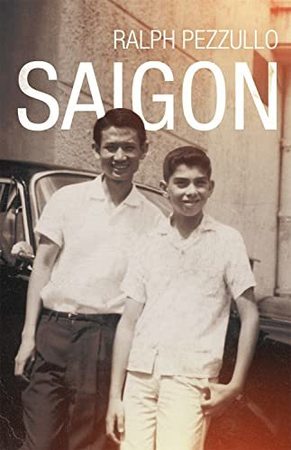Chapter One
Let me not pray to be sheltered from dangers, but to be fearless in facing them.
—Rabindranath Tagore
John and Lenora Rinehart had just watched their thirteen-year-old son Alex dress himself for the first time. It was a special morning. Usually days at the Rinehart house started with a delicate dance, determined by their son’s moods.
Just because his son Alex was autistic didn’t mean he wasn’t smart, John Rinehart reminded himself as his shoes met the uneven surface of the slate walk and he punched the electronic button that opened the door to his dark blue Saab 900. His son was exceptional in the IQ department. But his brain’s ability to control the warp-speed flow of information, and his emotional impulses, was out of whack. When it didn’t work the way Alex wanted it to, the boy got frustrated. And when he got frustrated, he got mad as hell. Screaming, beat-the-shit-out-of-whatever-he-could get-his-hands-on angry sometimes.
Ask him to find the positive difference of the fourth power of two consecutive positive integers that must be divisible by one more than twice the larger integer? No problem. But little things like buttoning a shirt or fastening a zipper often tripped him up.
“Little things . . . little victories,” forty-two-year-old John Rinehart said as he reached across the console between the front seats and squeezed his wife Lena’s hand.
She smiled past the straight black bangs that almost brushed her eyes and said, “I credit Alex’s new school. It’s been a major positive.”


